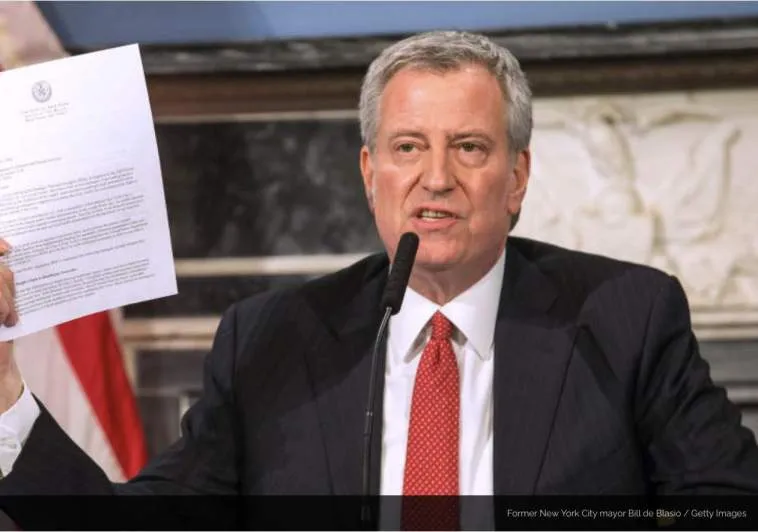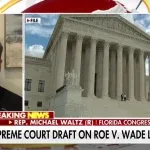From FreeBeacon.com…
In December 2021, outgoing New York City mayor Bill de Blasio signed a bill banning natural gas hookups in newly constructed buildings. The law passed with support from environmentalist groups including the Natural Resources Defense Council, which said the ban would “eliminate emissions” by requiring electric heat.
There was just one problem: Almost all of New York City’s electricity comes from natural gas. That means electrifying buildings will increase emissions rather than reduce them, energy experts told the Washington Free Beacon.
“Emissions will go up,” said Mark Mills, a physicist and energy expert at the Manhattan Institute. “It’s unavoidable.”
It takes twice as many fossil fuels to power an electric stove as a gas one, Mills said, because energy gets lost in the conversion process. So without a relatively green grid, fewer gas stoves means more gas burned overall and more carbon dioxide in the atmosphere.
It seems counterintuitive: If climate change endangers “the future of all life on earth,” as the president of the Natural Resources Defense Council said in April, why did environmental groups support a policy that will make it worse?
One answer is the environmental movement’s increasing focus on racial justice, which has made it more skeptical of clean energy sources—including nuclear and hydropower—that allegedly harm minorities.
Several of the environmental groups that supported the gas ban framed it as an “antiracist” measure. Gas appliances emit toxic fumes, they argued, and the people most likely to inhale those fumes are black. “This has led to disparate health outcomes for communities of color,” the green group WE ACT for Environmental Justice told the New York City Council, because they “experience higher rates of respiratory diseases like asthma.”
But the gas ban will itself have a disparate racial impact, energy experts say. An analysis from the Consumer Energy Alliance found that the ban is likely to hike energy bills, which eat up a disproportionate share of minorities’ income. The ban will also increase the likelihood of blackouts in minority communities—usually the first to lose power when energy is scarce—by straining the electric grid.






